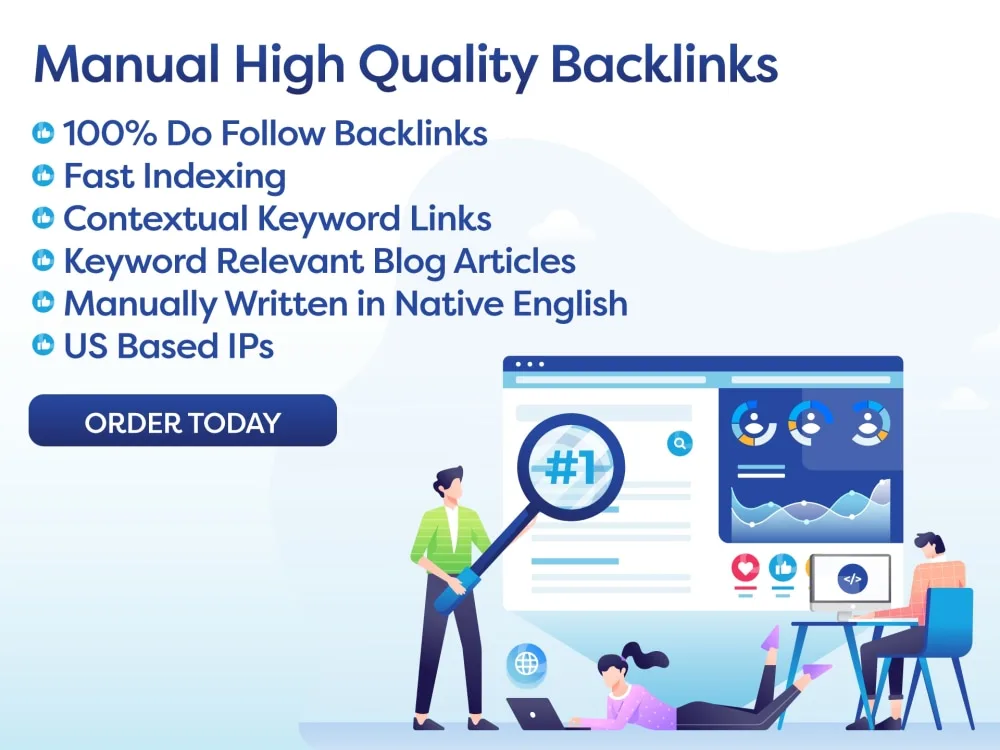Backlink strategies are crucial for small businesses to improve website visibility and credibility in search engine results pages. Backlinks act as “votes” for your website, signaling its value and trustworthiness. It is important to focus on high-quality backlinks from authoritative websites in your niche, build relationships with other site owners, and regularly audit and disavow toxic links. Tools like Google Search Console and Ahrefs can help track backlink performance. Implementing these strategies can lead to higher search rankings and increased online success. Frequently asked questions include identifying toxic links, the impact of social media links on SEO, and the timeline for backlink strategy results.
Excerpt: Unlock the power of backlink strategies for small businesses and watch your website soar to the top of search engine results pages!
Introduction:
As SEO beginners, understanding the importance of backlink strategies for small businesses can be the key to unlocking success in the digital world. Backlinks are essential for improving your website’s visibility and credibility, ultimately helping you rank higher in search engine results pages (SERPs). In this article, we will explore the ins and outs of backlink strategies for small businesses and provide you with actionable tips to implement them effectively.
Key Takeaways:
1. Importance of Backlinks in SEO: Backlinks are crucial for improving your website’s authority and credibility in the eyes of search engines. They act as “votes” for your website, signaling to search engines that your content is valuable and trustworthy.
2. Creating High-Quality Backlinks: Not all backlinks are created equal. It’s essential to focus on acquiring high-quality backlinks from authoritative websites in your niche.
3. Building Relationships for Backlinks: Building relationships with other website owners and bloggers can help you acquire valuable backlinks naturally.
4. Disavowing Toxic Backlinks: It’s crucial to regularly audit your backlink profile and disavow any toxic or spammy backlinks to avoid penalties from search engines.
5. Measuring the Impact of Backlinks: Tracking the impact of your backlink efforts is essential to understanding what’s working and where you can improve.
Importance of Backlinks in SEO:
– What are Backlinks?
Backlinks are links from other websites that point to your website. They play a significant role in SEO by signaling to search engines the relevance and authority of your content. The more high-quality backlinks you have, the higher your website is likely to rank in search engine results pages.
– Why are Backlinks Important?
Backlinks are like votes of confidence for your website. When reputable websites link to your content, it signals to search engines that your website is trustworthy and authoritative. This can result in higher rankings and increased visibility in search results.
Creating High-Quality Backlinks:
– Focus on Relevance:
When acquiring backlinks, focus on getting links from websites that are relevant to your industry or niche. This will help search engines understand the context of the link and boost your website’s credibility.
– Aim for Authority:
Seek backlinks from authoritative websites with a strong online presence. These websites have built trust with search engines and can pass on valuable link equity to your site.
Building Relationships for Backlinks:
– Networking with Other Website Owners:
Reach out to other website owners and bloggers in your industry to build mutually beneficial relationships. Offer to guest post on their site or collaborate on content to earn valuable backlinks.
– Engage with Your Audience:
Create engaging and shareable content that encourages other websites to link back to your site. Building a loyal audience can lead to organic backlinks from satisfied readers.
Disavowing Toxic Backlinks:
– Regularly Audit Your Backlink Profile:
Use tools like Google Search Console to monitor your backlink profile regularly. Identify any toxic or spammy backlinks that could harm your website’s SEO efforts.
– Disavow Harmful Links:
If you discover toxic backlinks pointing to your site, take action by disavowing them. This tells search engines to ignore those links when assessing your website’s credibility.
Measuring the Impact of Backlinks:
– Track Your Backlink Performance:
Use tools like Ahrefs or Moz to track the performance of your backlink strategy. Monitor the number of backlinks, referring domains, and overall impact on your website’s search rankings.
– Analyze and Adjust:
Analyze the data from your backlink tracking tools and adjust your strategy as needed. Identify which tactics are driving the most valuable backlinks and focus your efforts on those areas.
Action Plan:
1. Identify your target audience and industry influencers to start building relationships for valuable backlinks.
2. Conduct a backlink audit using tools like Google Search Console or SEMrush to identify toxic backlinks that need to be disavowed.
3. Create a content strategy that focuses on producing high-quality, shareable content that naturally attracts backlinks from other websites.
4. Track the impact of your backlink efforts using tools like Ahrefs or Moz to measure your progress and make adjustments as needed.
In conclusion, backlink strategies are a vital component of SEO for small businesses. By focusing on acquiring high-quality backlinks, building relationships with other website owners, and regularly monitoring and improving your backlink profile, you can boost your website’s visibility and credibility in the eyes of search engines. Implementing these strategies will set you on the path to success in the competitive world of online marketing.
FAQs:
– What are the best ways to acquire backlinks for my small business website?
– How do I know if a backlink is toxic and should be disavowed?
– Can social media links help improve my website’s SEO rankings?
– Is it better to focus on quantity or quality when it comes to backlinks?
– How long does it take to see the impact of backlink strategies on my website’s search rankings?

